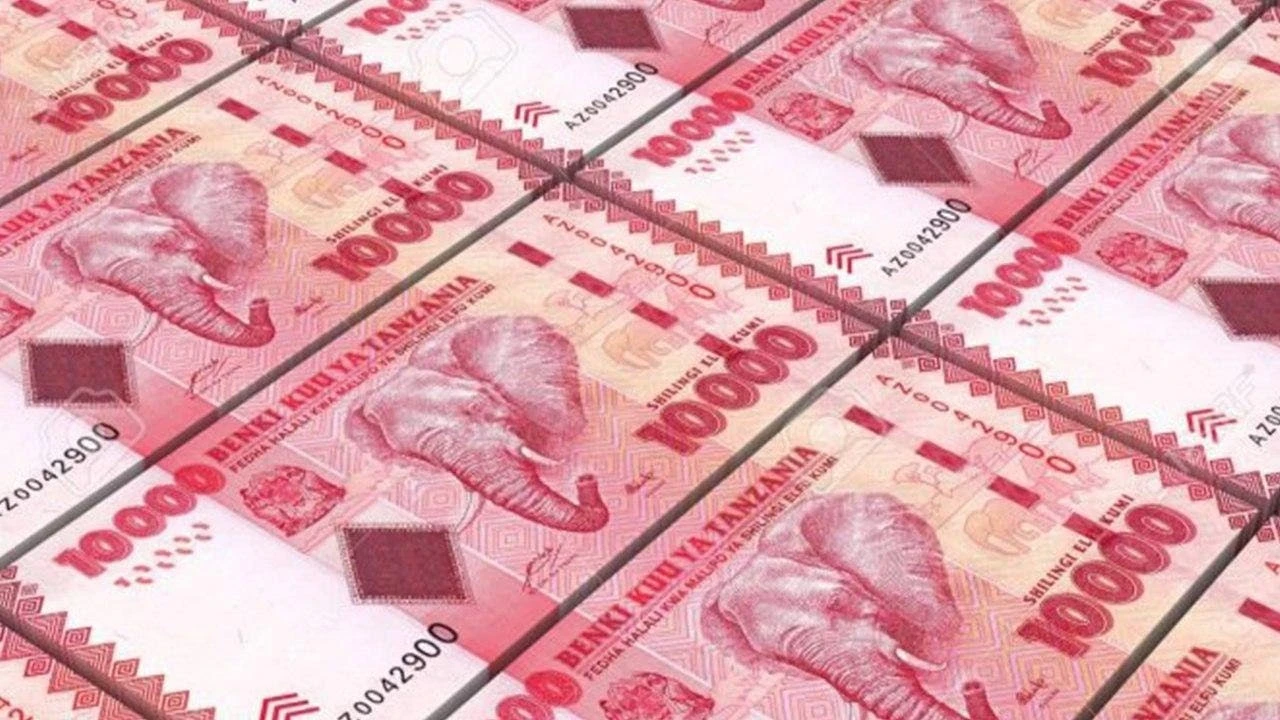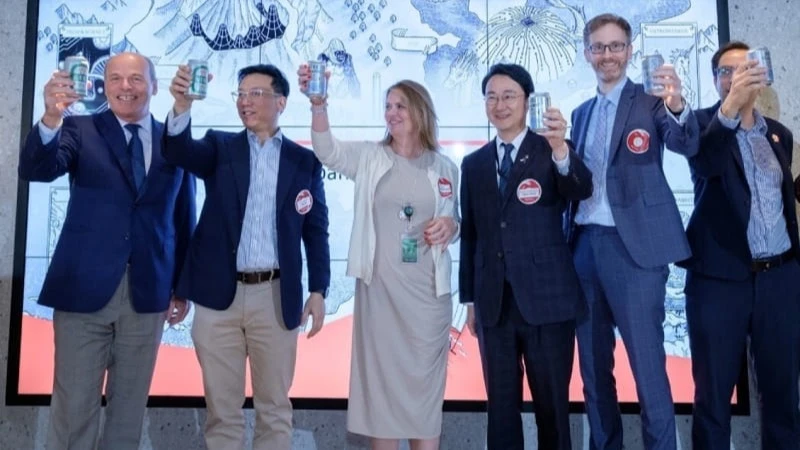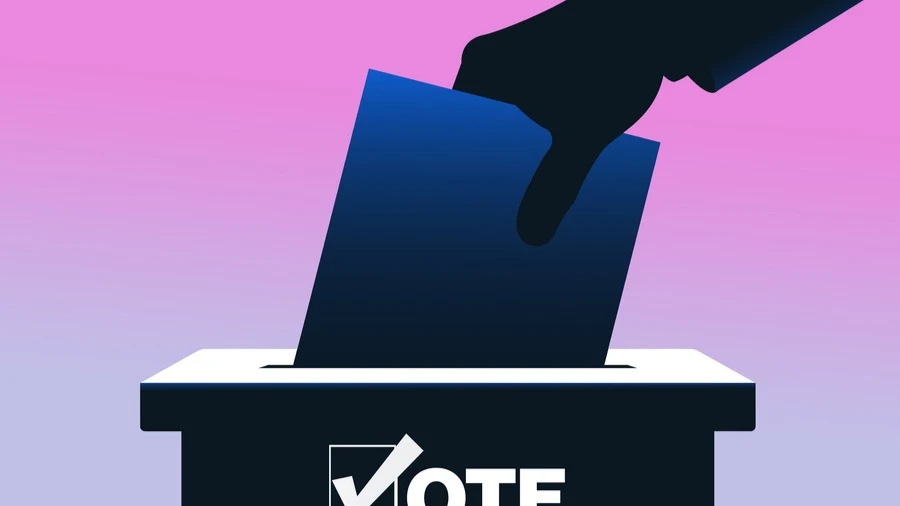Local governments need11.78trn/- to foot bills for key social services

REGIONAL Administration and Local Governments portfolio needs 11.78trn/- for effective conduct of its activities during fiscal 2025/26, with 3.9trn/- earmarked for infrastructure development, health and education.
Mohammed Mchengerwa, the portfolio state minister in the President’s Office, made this proposal in presenting budget estimates at the National Assembly yesterday, affirming that 7.836trn/- is allocated for recurrent expenditure.
A total of 3.947trn/- will be directed towards development projects, with the estimates marking an increase of 1.657trn/- from10.125trn/- estimates for the current financial year.
As part of its development focus, the government plans a comprehensive review of administrative organisation for the city of Dar es Salaam.
Similarly, the government intends to reform the Bus Rapid Transit (BRT) system by finalising the procurement of a service provider through a public-private partnership (PPP) arrangement in operating phases I and II of the BRT project.
A total of 32.04bn/- is being allocated for the development of villages and towns, which includes completing a comprehensive review of the commercial capital’s urban framework.
It needs to be aligned with the city’s geographical and economic growth, transitioning it into a properly organised metropolitan hub, he said, pointing at plans to coordinate the implementation of the Kwala investment city master plan.
The government will also finalise the draft policy on rural and urban development, overseeing the development of Dodoma as the national capital, he stated, while setting aside 1.18trn/- for the municipal and rural roads agency, TARURA.
This includes the completion of 33 kilometres of tarmac roads in the Iringa and Mufindi districts, commencing similar projects covering another 33 kilometres in Handeni, Ruangwa and Mbogwe districts, he stated.
The estimates cover general maintenance of 23,105.78 kilometres of roads across 139 districts through the road fund, pursuing construction work for 147.50 kilometres of tarmac roads in 12 municipalities under Phase I of the Tanzania Cities Transforming Infrastructure & Competitiveness (TACTIC) project, he said.
In the 2025/26 financial year, the government will proceed with design work and preparations for Phase V of the BRT system, covering 26 kilometres along Nelson Mandela Road, Mbagala and the Tabata–Segerea–Kigogo corridor, he stated.
It will also complete the integration of an automated fare collection system (AFCS) and an intelligent transport system (ITS) to improve public transport services in Dar es Salaam, he remarked.
Ongoing works include the construction of a 6.7-kilometre flood protection wall along the Msimbazi River Basin, meanwhile as feasibility studies will be conducted for the expansion of additional BRT corridors, including Mbagala Rangitatu – Vikindu (5 km), Tegeta – Bunju (13 km) along with Kimara – Kibaha (20 km), he said.
Another section is to build a BRT link along Mwai Kibaki Road (7 km) to Kimara via Kawe, also linking the section with Morogoro Road BRT system.
Domestic revenue will be boosted by developing commercial infrastructure along BRT corridors, including projects at Mtoni (Aziz Ally) and at Kariakoo Gerezani, he said.
The government will allocate 1.44trn/- to support a variety of education sector initiatives, including the construction of 8,402 classrooms — 8,057 for primary schools and 345 for secondary schools.
There are also plans for the construction of 19,095 toilet cubicles, completion of 350 science laboratories, construction of 129 dormitories for secondary schools and the completion of 700 additional classrooms for primary schools.
Other plans include construction of 184 new secondary schools, construction of 211 dual-occupancy teachers’ houses and the procurement of ICT equipment for 400 secondary schools, he elaborated
The free education grant will benefit 18,055 primary and 4,905 secondary schools in the financial year, while in the health sector, the government will allocate 502.09bn/- for the construction of 43 district hospitals along with procuring medical equipment for 142 hospitals, 184 health centres and 184 dispensaries.
Furthermore, the government will recruit 400 healthcare workers on a contractual basis to support service delivery at health facilities, oversee the building or renovation of 175 healthcare centres, including 25 hospitals, 50 health centres and 100 dispensaries, he stated
Purchasing medical equipment and essential drugs, as well as on-the-job training for healthcare professionals are other budgeted components, with a total of 204.90bn/- allocated for purchasing vehicles for regional, district and local government officials.
The funds will also be used for the construction, renovation and completion of administrative infrastructure at various government levels, including offices and residential buildings, he said.
The government plans to spend 15.99bn/- on development projects across 214 parliamentary constituencies, with 123.92bn/- allocated to district councils for issuing loans to women, youth and people with disabilities in the next 2025/26 financial year.
Top Headlines
© 2025 IPPMEDIA.COM. ALL RIGHTS RESERVED






















